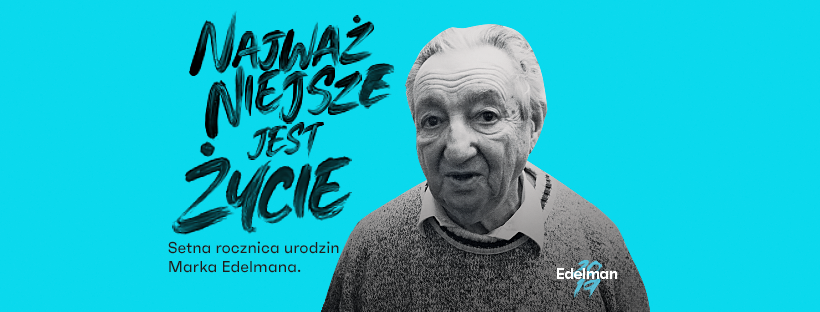Żywa Biblioteka jest cennym narzędziem edukacyjnym o charakterze antydyskryminacyjnym. Od 2004 roku jest ona oficjalną metodą Rady Europy w edukacji o prawach człowieka, której celem jest stworzenie przestrzeni dialogu społecznego, w której poprzez rozmowę z osobą – tzw. Żywą Książką, każdy może podważyć stereotypy i krytycznie przyjrzeć się temu, co myśli o innych. To właśnie dzięki otwarciu na tematy trudne dla danej społeczności, Żywa Biblioteka może skutecznie zastępować stereotypy wiedzą, doświadczeniem i empatią w stosunku do osób narażonych na dyskryminację. W Żywej Bibliotece można porozmawiać zarówno z Muzułmaninem, Katolikiem, Księdzem, Zakonnicą, Osobą niesłyszącą, Trzeźwym alkoholikiem, Osobą w kryzysie bezdomności, Osobą chorą na schizofrenię, Policjantem, Weganką jak i Gejem, Lesbijką czy Osobą transpłciową.
Każda osoba przychodząca do Żywej Biblioteki, zwana Czytelnikiem, wybiera Książkę spośród katalogu, po czym może z nią porozmawiać, zadając dowolne pytania.
Projekt narodził się w 2000 roku w Danii. Tam za jego realizację odpowiedzialna jest Human Library Organization, pod której patronatem Centrum Dialogu organizuje łódzką Żywą Bibliotekę.
Od 2014 r. zorganizowaliśmy sześć głównych otwartych edycji Żywej Biblioteki (zawsze w listopadzie, wokół Międzynarodowego Dnia Tolerancji), a także wiele mniejszych edycji: dla wybranych grup zawodowych (strażników miejskich, policjantów, nauczycieli), w łódzkich szkołach i na uniwersytecie, w parku w ramach festiwalu Teatralna Karuzela czy w firmie Fujitsu.






